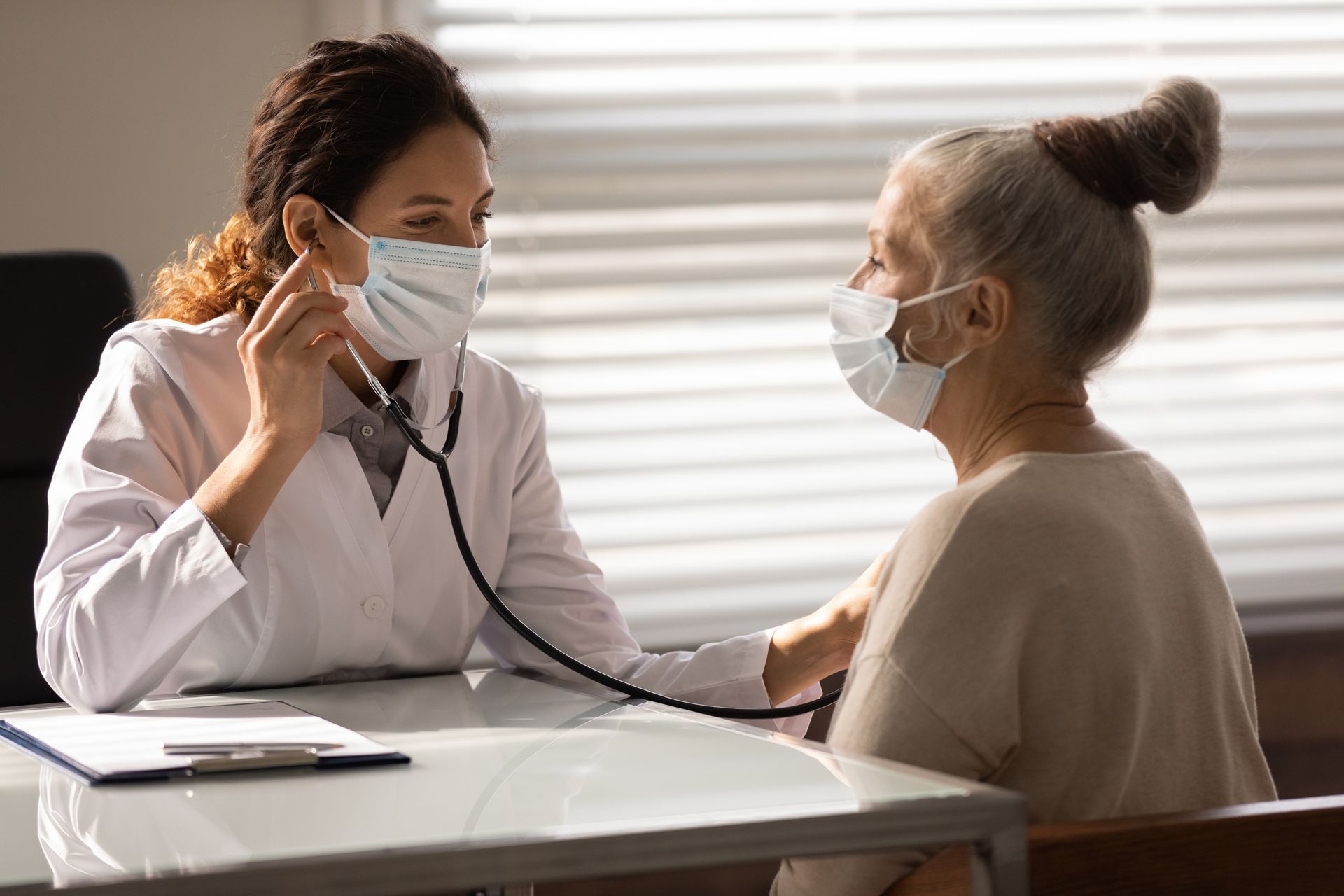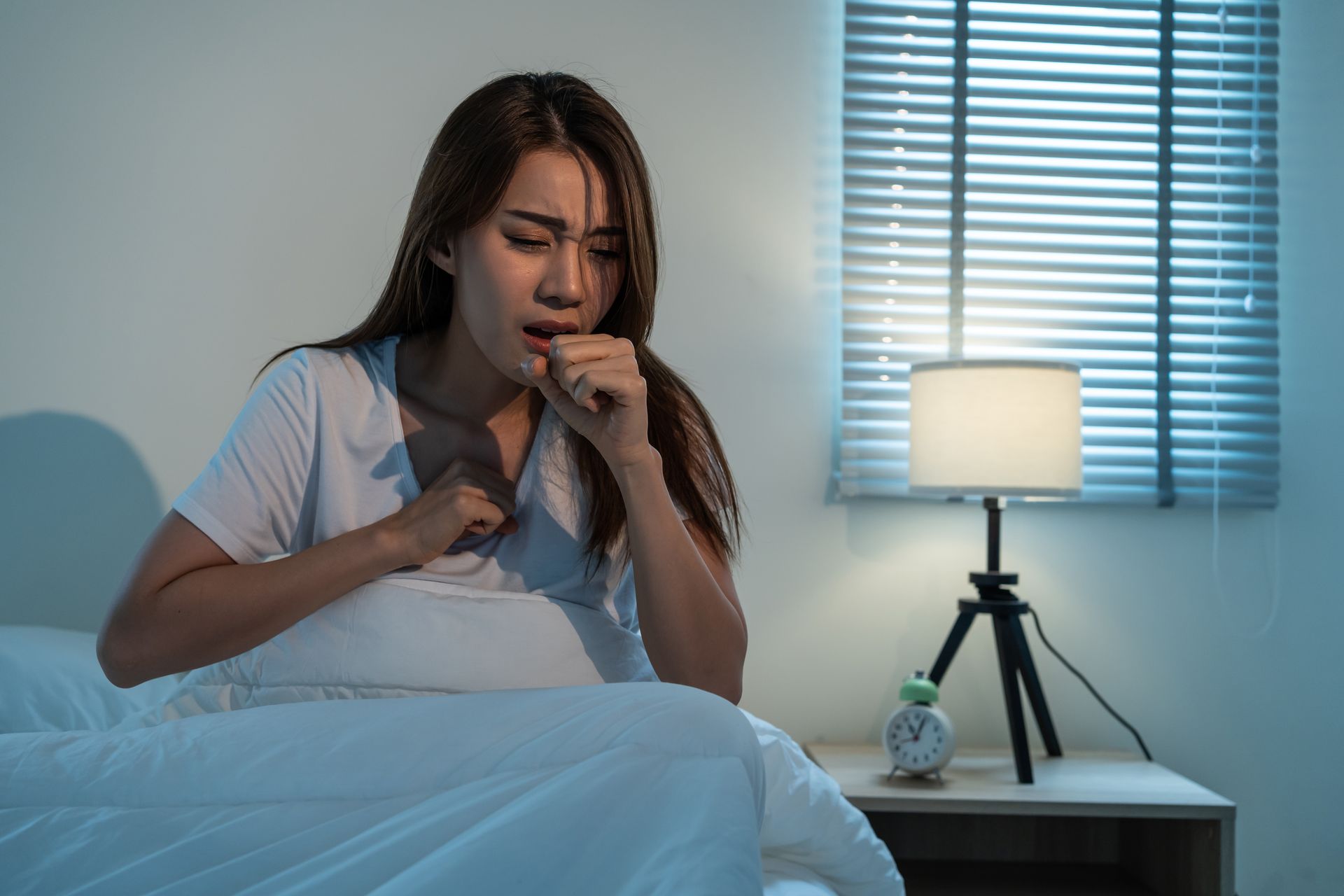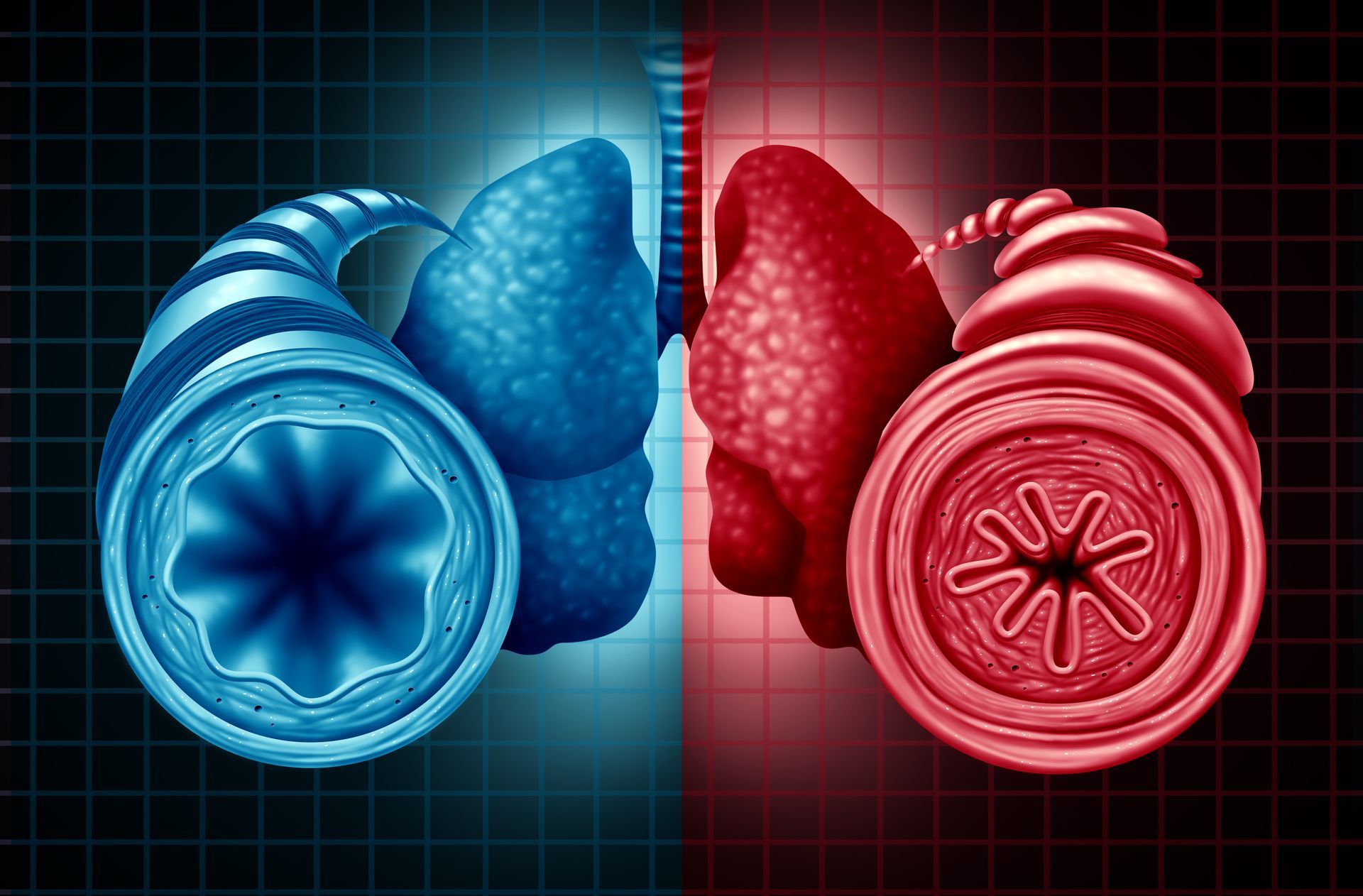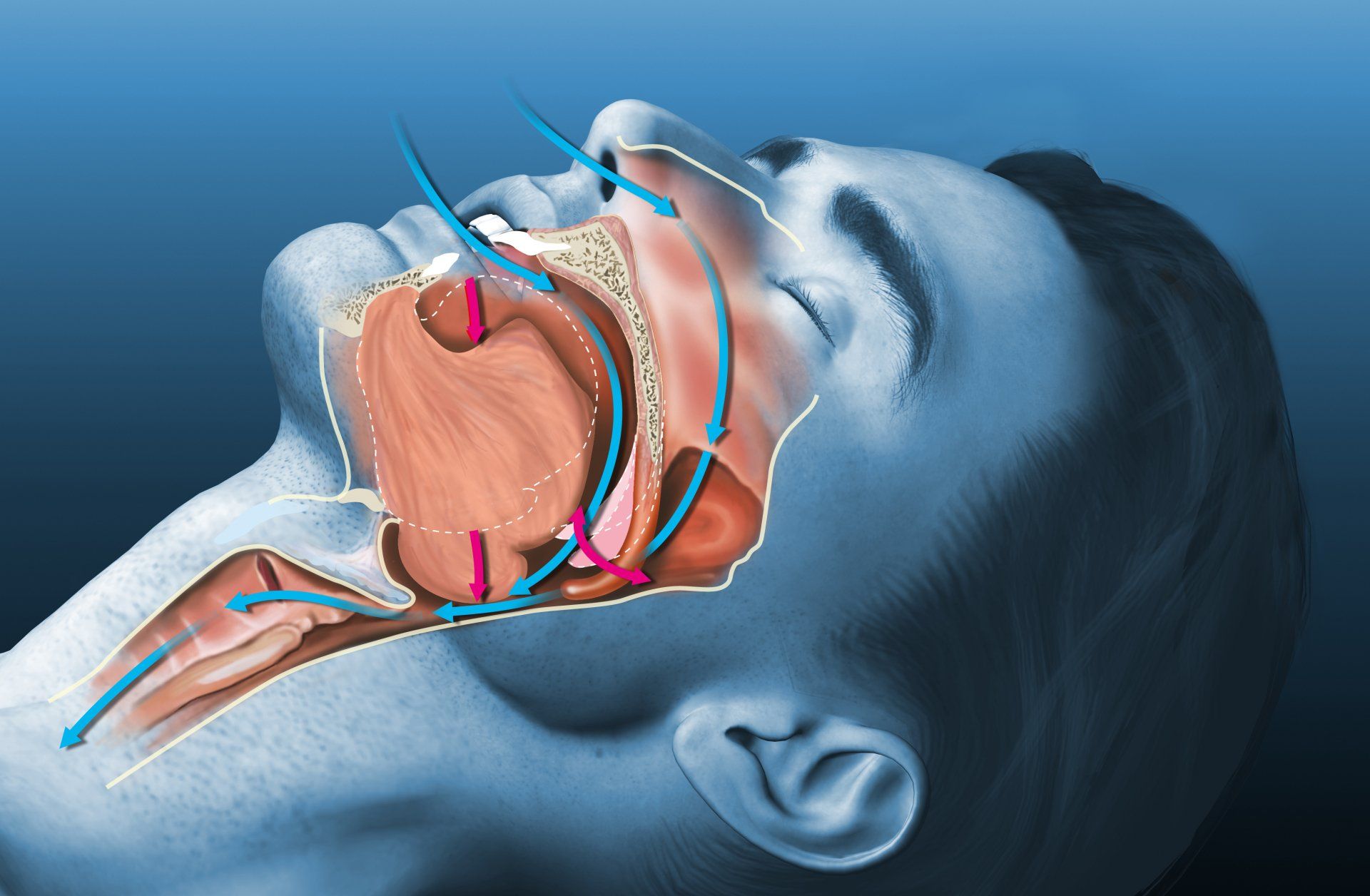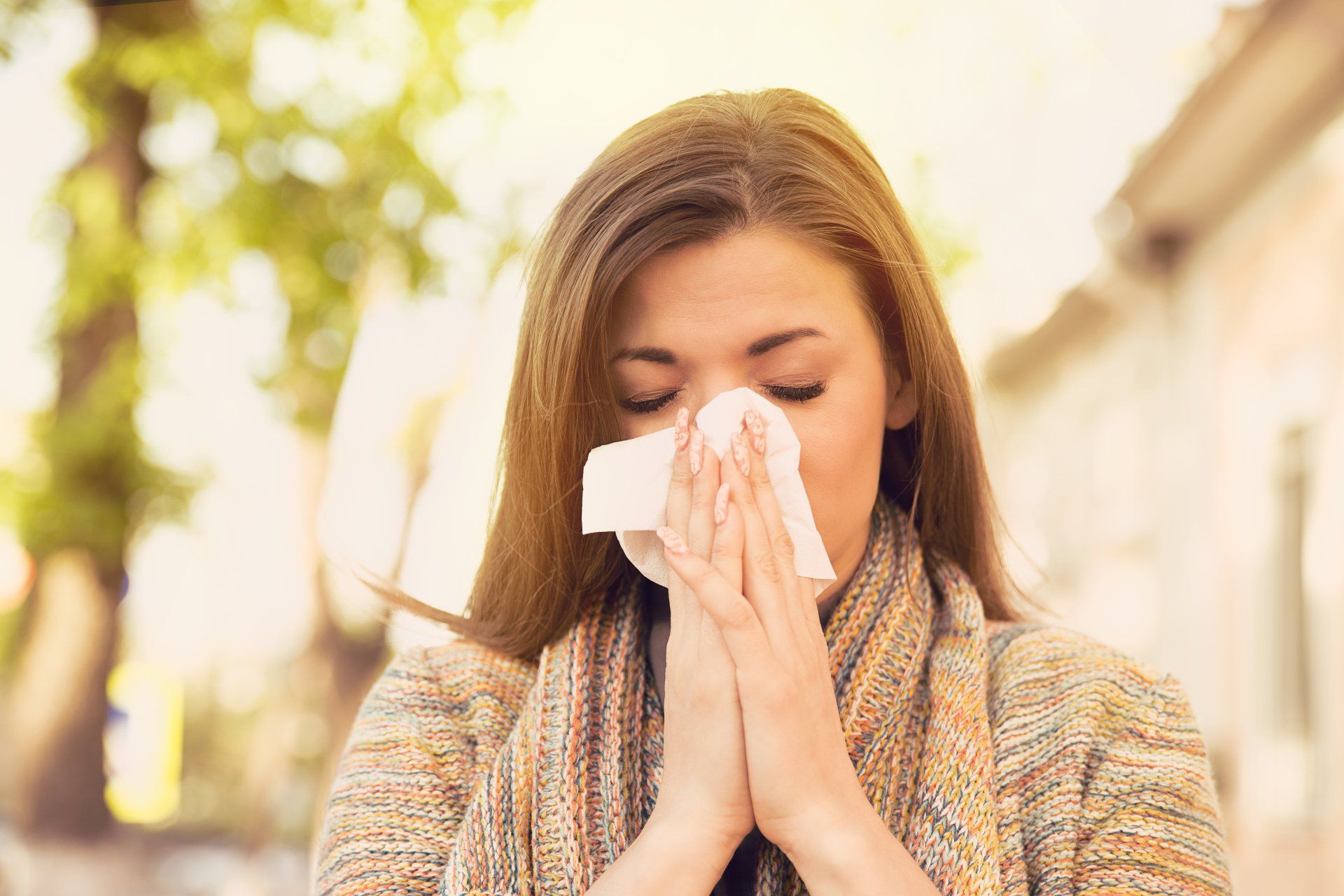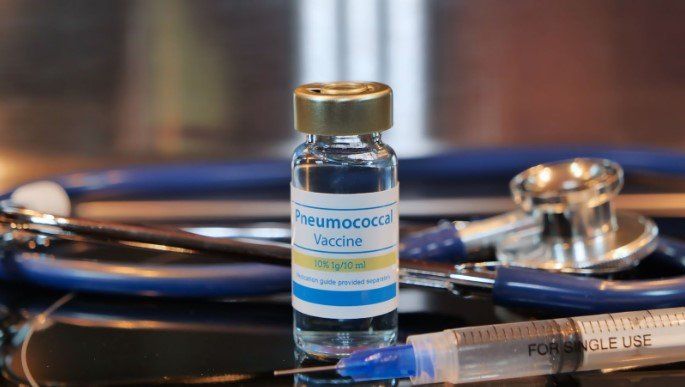Persistent Cough Post COVID-19
You have recovered from COVID-19, but your nose is still running and you are still coughing. Is this part of COVID recovery or is there something more serious? Either way, we know what it’s like to fall sick amid this pandemic; it can be nerve-wracking and concerning at the same time.
There are several tell-tale signs that can help you tell them apart which we will share in this article. We will also share about treatment of post COVID respiratory symptoms.
What is a Cough?
A cough is the body’s way of clearing the throat and airways of unwanted materials such as mucus or dust particles. The cough reflex is triggered by the irritation or presence of an irritant in the airways that stimulates the nerve endings in the lungs to signal to the brain to produce a coughing response.
Coughing can also be triggered by infections or allergies, or it may be a symptom of another illness. It may also occur as a result of smoking and/or exposure to second-hand smoke. The average person will cough about 10 times an hour.
Respiratory Symptoms Following Recovery of COVID-19
A variety of respiratory symptoms can occur in people following recovery from COVID-19. However, the symptoms tend to be more prolonged and severe and can include:
- Persistent cough with or without sputum
- Hoarseness or even loss of voice
- Running nose (rhinitis)
- Shortness of breath
- Wheezing
- Chest pain
- Fatigue
These symptoms may persist for weeks to months after recovery. They can affect your lifestyle as they can keep you awake at night, distract you from work, and limit your social activities.
Treating the persistent cough after/post-COVID-19 will depend on the underlying cause. Therefore, it is important to identify and address the underlying cause to alleviate the cough.
Treatment for Persistent Cough After/Post COVID-19
Acute coughs are short-lived (less than two weeks) and generally require outpatient treatment with the help of over-the-counter medications such as cough syrups.
On the other hand, prolonged coughs, possibly lasting eight weeks or even longer, can be due to conditions like post-nasal drips or asthma or lung inflammation.
Despite that, persistent coughs can affect your lifestyle as they can keep you awake at night, distract you from work, and prevent you from taking part in any social activity. Hence, it is important to
consult a cough specialist when your coughs last for more than three weeks.
Post-nasal drip
Treating a post-nasal drip that’s causing your chronic cough will require the use of decongestants to dry up the secretions produced. Your doctor may also prescribe antihistamines and steroid nasal sprays to block the inflammation in your nasal passages that’s causing mucus production and reduce the swelling in your nasal passages.
Asthma
COVID may worsen asthma control in asthmatic sufferers resulting in symptoms such as coughing, chest tightness and wheezing. Asthmatics are advised to maintain their prescribed inhaled steroids and/or bronchodilators- these help to reduce the swelling in the airways and widen narrowed air passages to improve the flow of breathing and ease their coughing.
Pneumonia
Patients who suffered from COVID pneumonia may take longer to recover from their respiratory symptoms, especially if the pneumonia was severe. In some COVID pneumonia cases, patients may have persistent symptoms as lung scarring (fibrosis) develops as a complication of pneumonia.
Experiencing persistent coughs after recovering from COVID? Get specialist care at Respiratory Medical Associates
Respiratory Medical Associates is an established specialist group that is recognised as one of Singapore’s leading experts in the diagnosis and treatment of lung, sleep, and allergy disorders. These can range from persistent coughs, spots on the chest X-ray to lung infections such as bronchitis, pneumonia, and tuberculosis.
In addition, we also treat chronic disorders such as asthma, chronic obstructive pulmonary disease (a lung disease caused by smoking), lung fibrosis, obstructive sleep apnoea, as well as food and drug allergy. Enquire now at
https://www.respmed-associates.sg/







